Maruti Suzuki Eeco Now Comes with Six Airbags as Standard; Prices Start at Rs 5.44 Lakh
The Maruti Suzuki Eeco now includes front side and curtain airbags, in addition to dual front ones – except on the ambulance variant.
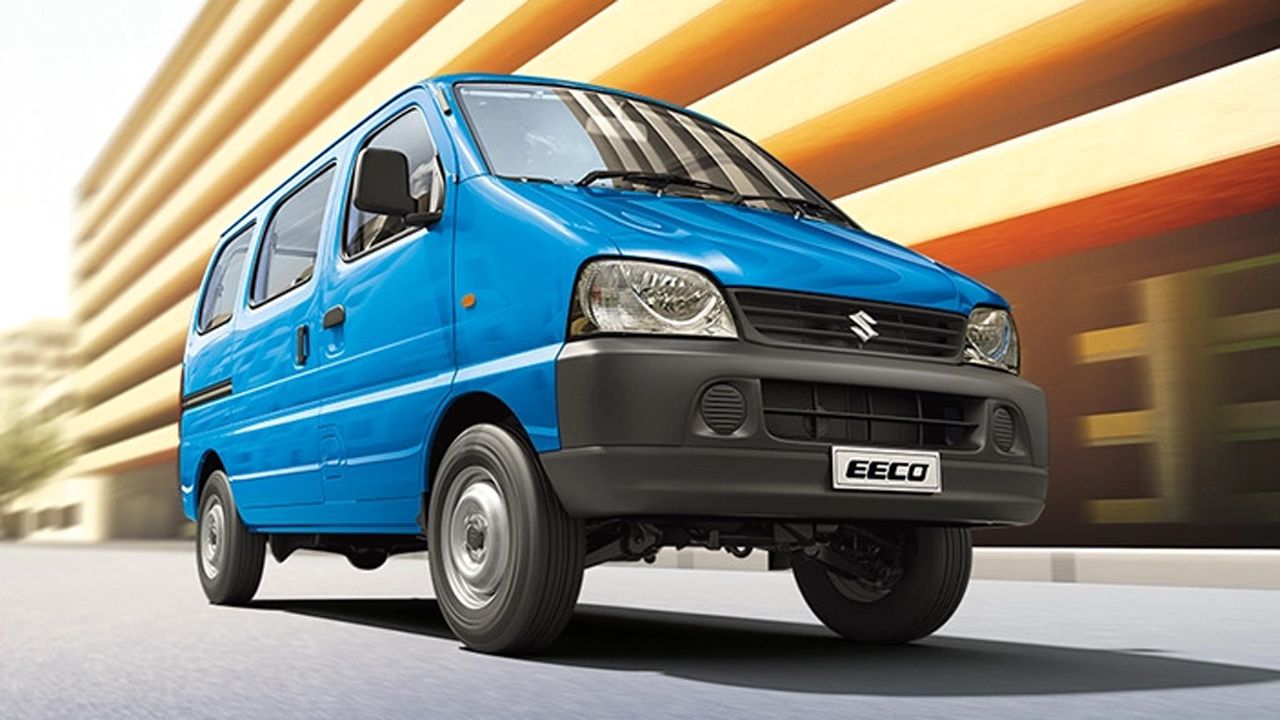
Maruti Suzuki continues its push toward enhanced occupant protection by standardising six airbags across its vehicle lineup – a move already implemented in models such as the Grand Vitara, Celerio, and Alto K10. The Eeco is the latest to benefit from this safety upgrade, with all variants now equipped with six airbags as standard. The newest edition also introduces a redesigned six-seater variant, featuring a fresh seating layout with captain chairs in the middle row and all seats facing forward – designed to enhance passenger comfort and accessibility. Pricing for this version has not yet been announced. Simultaneously, Maruti Suzuki has discontinued the previously available seven-seater variants from the updated lineup. Meanwhile, the five-seat configurations remain unchanged. The 2025 Eeco is now available in four trims: the newly introduced Eeco Standard (six-seater), Eeco Standard (five-seater), Eeco AC (five-seater), and the Eeco CNG. The ex-showroom prices range from Rs 5.44 lakh to Rs 6.70 lakh.
Maruti Suzuki Eeco: Enhanced Safety Quotient
The van now adds front side and curtain airbags to the previously available dual front airbags. This comprehensive safety net, however, excludes the ambulance variant, which will continue to feature only the original two airbags. In a further push for occupant protection, all seating positions across the range are now fitted with three-point seatbelts. Additionally, the front seats gain extra safety mechanisms through the inclusion of pre-tensioners and force limiters. These upgrades join an already extensive list of safety features, including electronic stability control (ESP), ABS with EBD, seatbelt reminder, reverse parking sensors, child locks for the sliding doors, and side impact protection beams.
Also Read: Maruti Suzuki Grand Vitara Becomes Safer with Variant Rejig, Now Gets 6 Airbags as Standard
The cabin has also received some material and ergonomic improvements. Fabric now replaces the previously used PVC upholstery, offering a more comfortable seating experience. The front seats have been re-engineered to recline outward rather than inward, improving accessibility. In the five-seater version, the boot area now incorporates a luggage retention system designed to keep items from shifting in the event of a crash, helping to reduce injury risks. A fresh six-seat configuration has also been introduced, featuring two individual seats in the second row and all seats positioned to face forward. However, this variant does not include air conditioning – a feature that remains limited to the five-seater AC model.
Apart from these changes, the rest of the Eeco’s design remains largely untouched. Key features like a three-spoke steering wheel, halogen lighting at both ends, a cabin lamp, a digital instrument display, a 12V power socket, 13-inch steel wheels, sun visors, and manual air conditioning controls continue to be part of the standard offering.
Maruti Suzuki Eeco: Powertrain Options
Maruti Suzuki has retained the Eeco’s 1.2-litre K-Series petrol engine, a four-cylinder unit paired with a five-speed manual gearbox. However, the engine has now been adapted to run on E20 fuel – a blend of 20% ethanol and 80% petrol – to comply with recently introduced environmental norms. This powertrain delivers 79bhp of maximum power and 104Nm of peak torque when fuelled by petrol. In contrast, the CNG-powered version outputs 70bhp and 95Nm, though this alternative is limited exclusively to the five-seater variant. The six-seater configuration continues to be offered only with the standard petrol engine.
Also Read: Top 5 Best-selling Cars in India in FY25: Maruti Suzuki Wagon R, Tata Punch, Hyundai Creta, and More
In a broader pricing update, the manufacturer has revealed an upcoming cost increase across seven models, with the Eeco Van’s price expected to rise by as much as Rs 22,500. The integration of these regulatory and technical modifications appears to be a key contributor to the price adjustment.
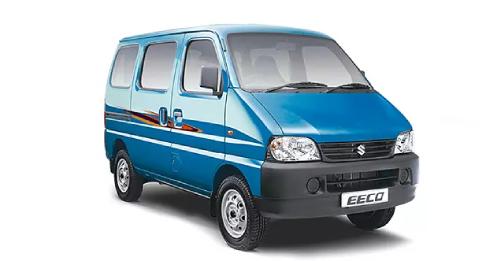
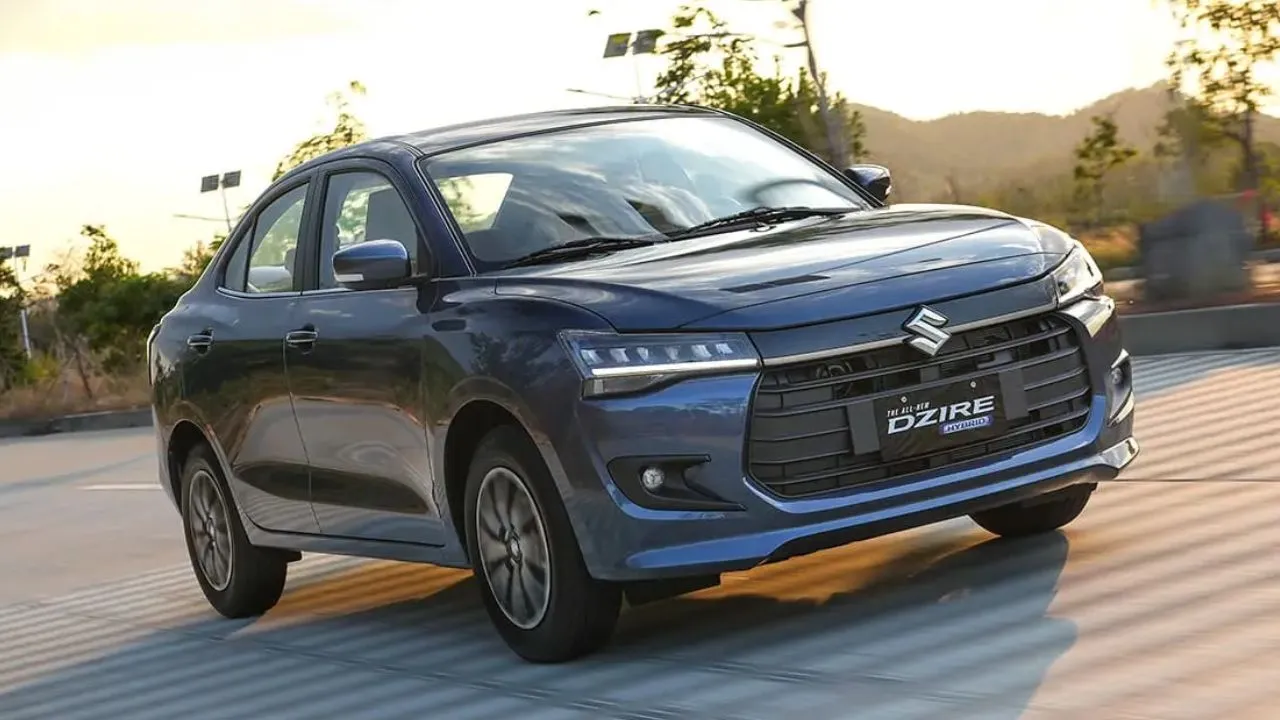
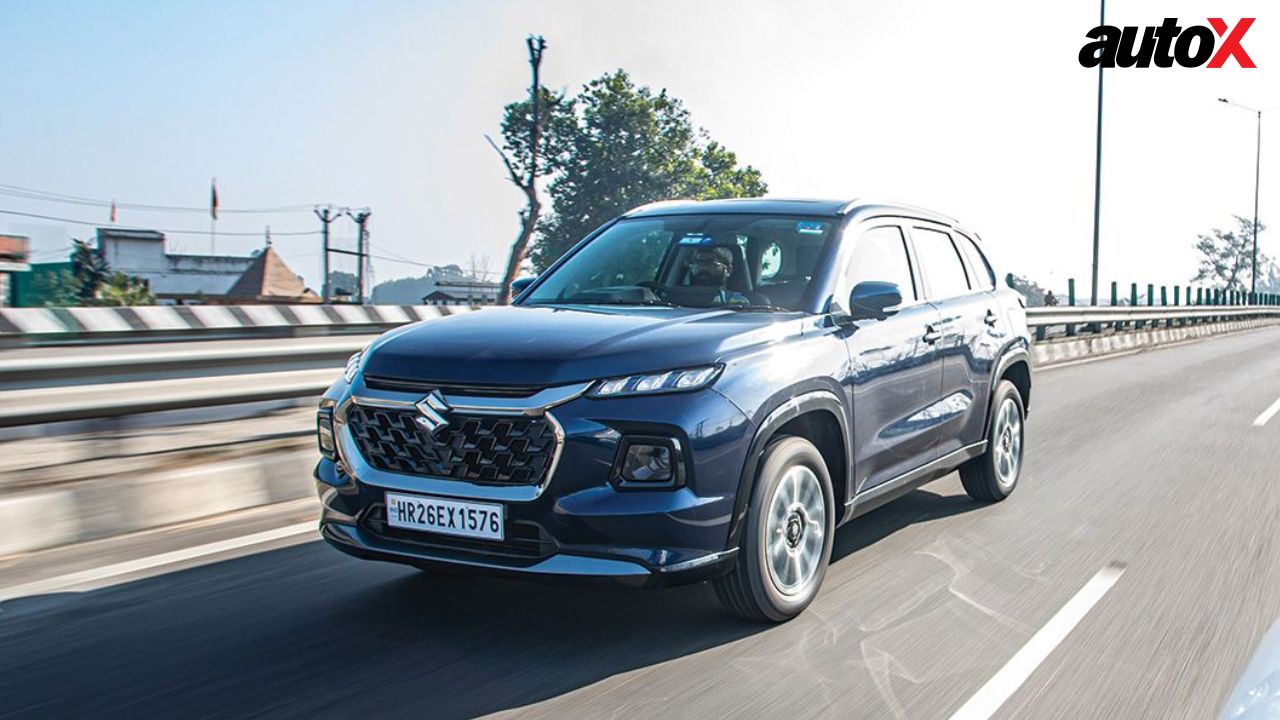
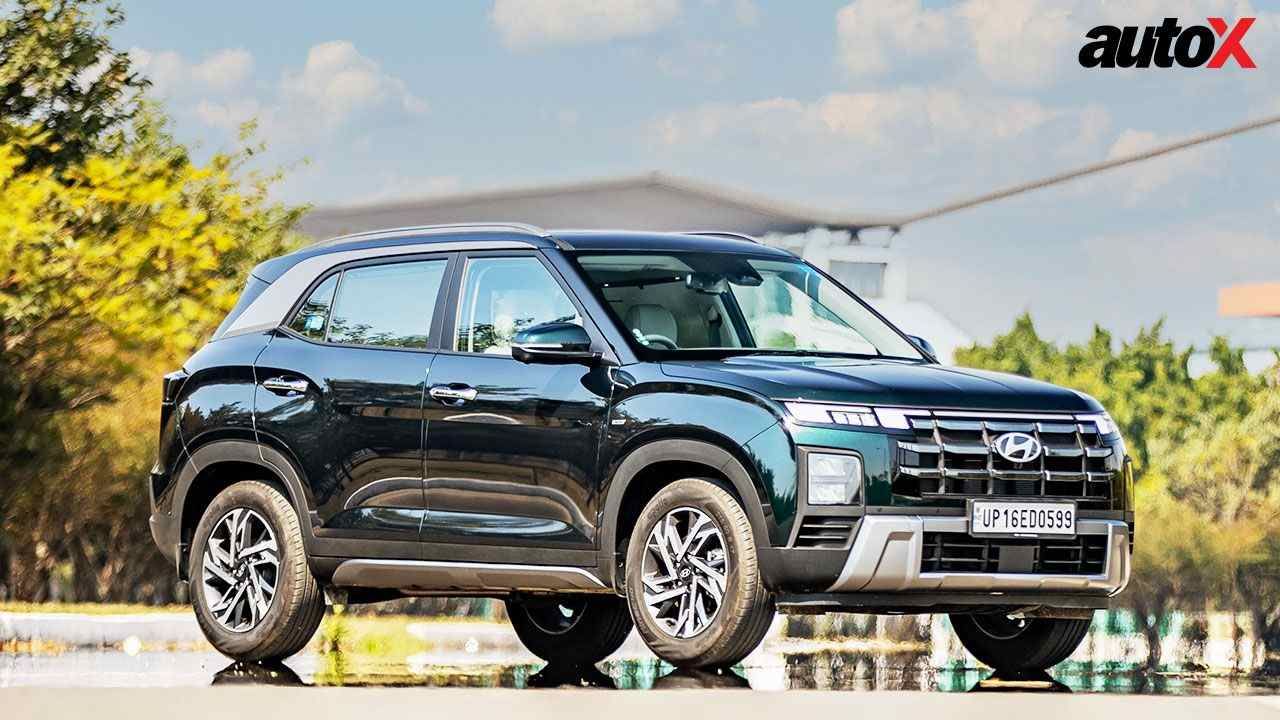
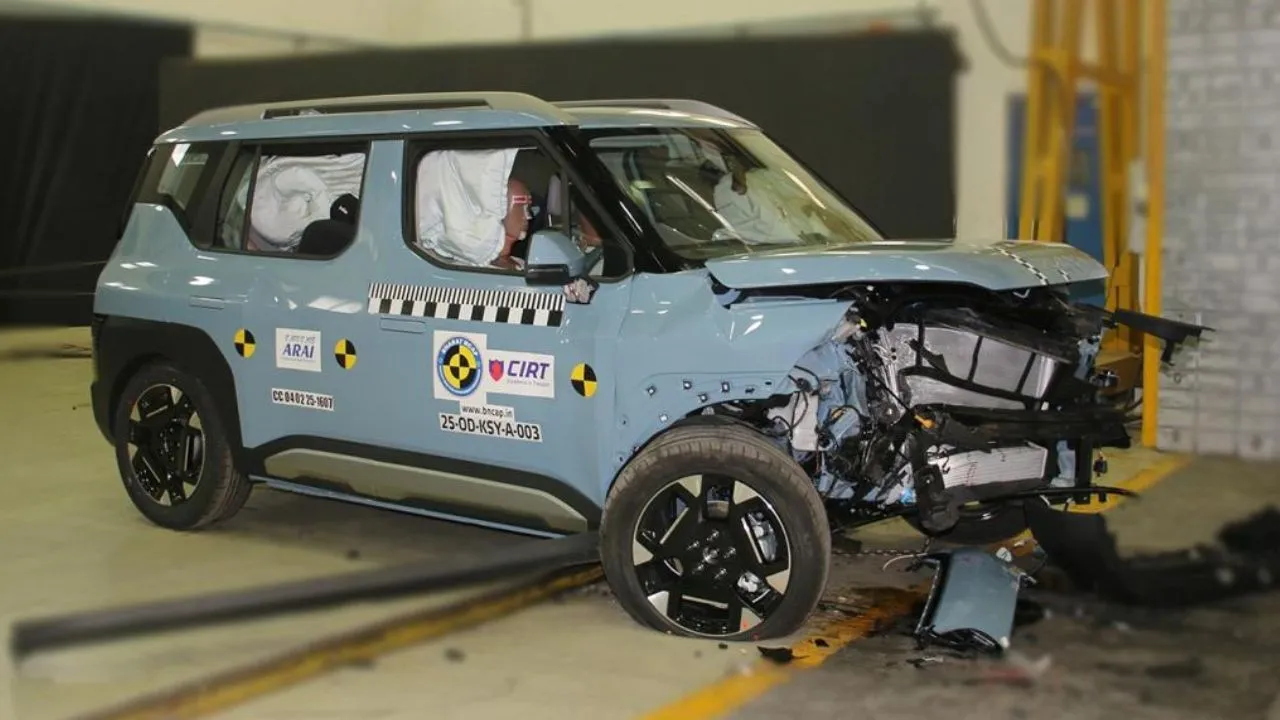
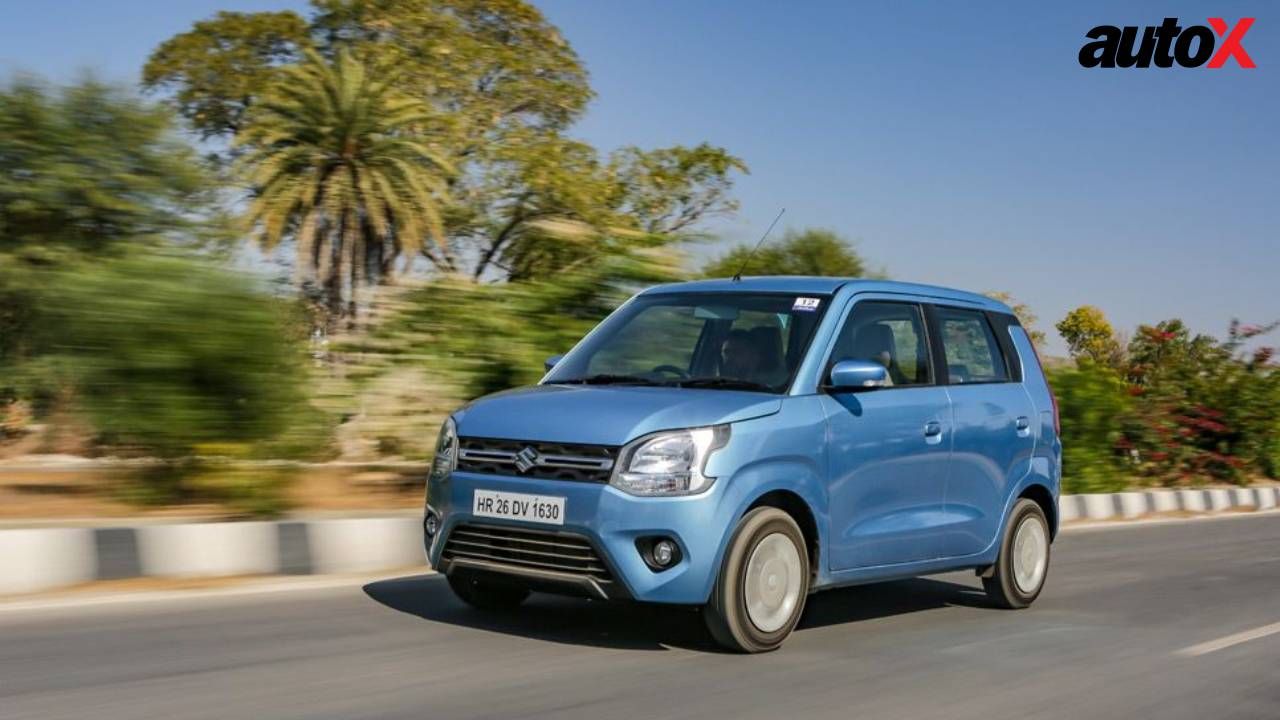
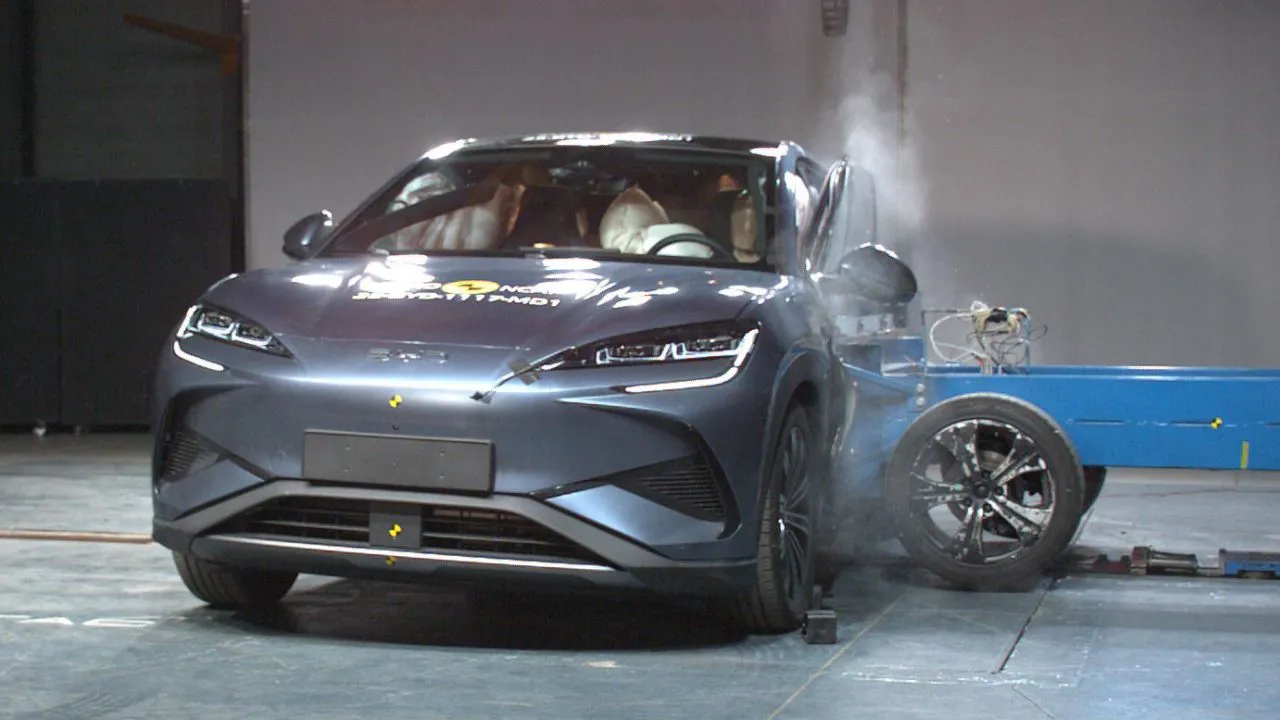
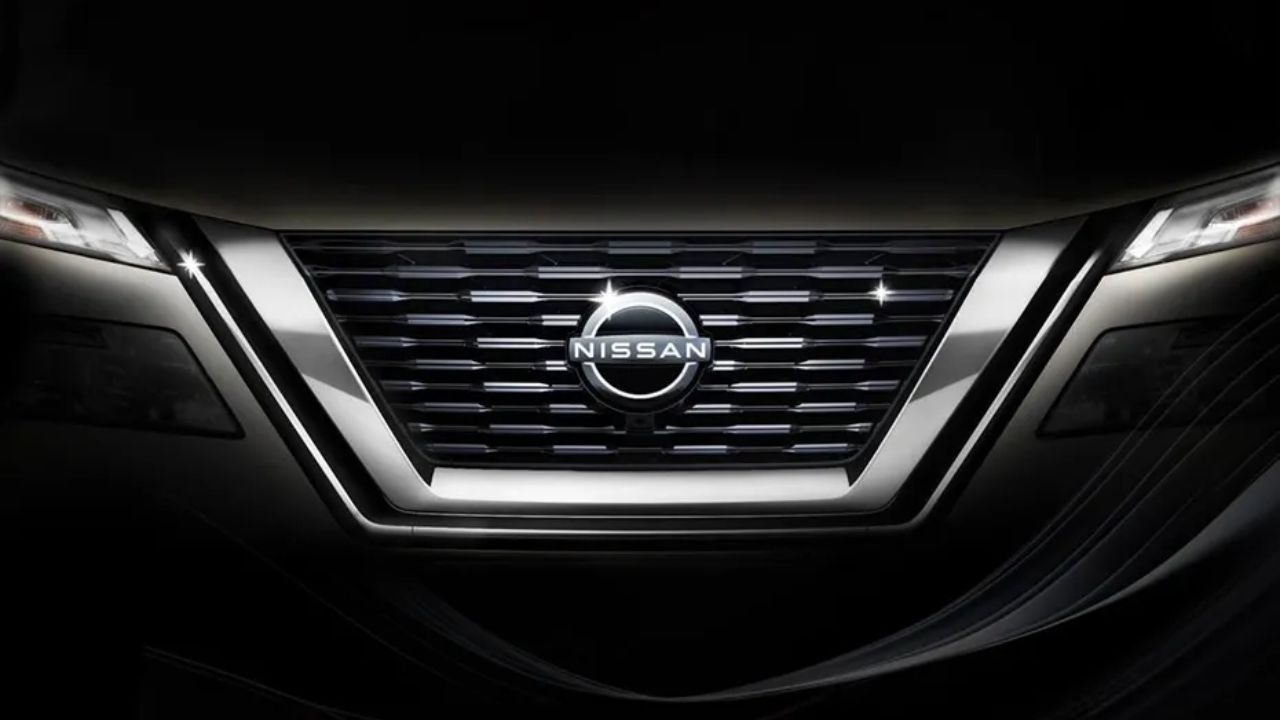
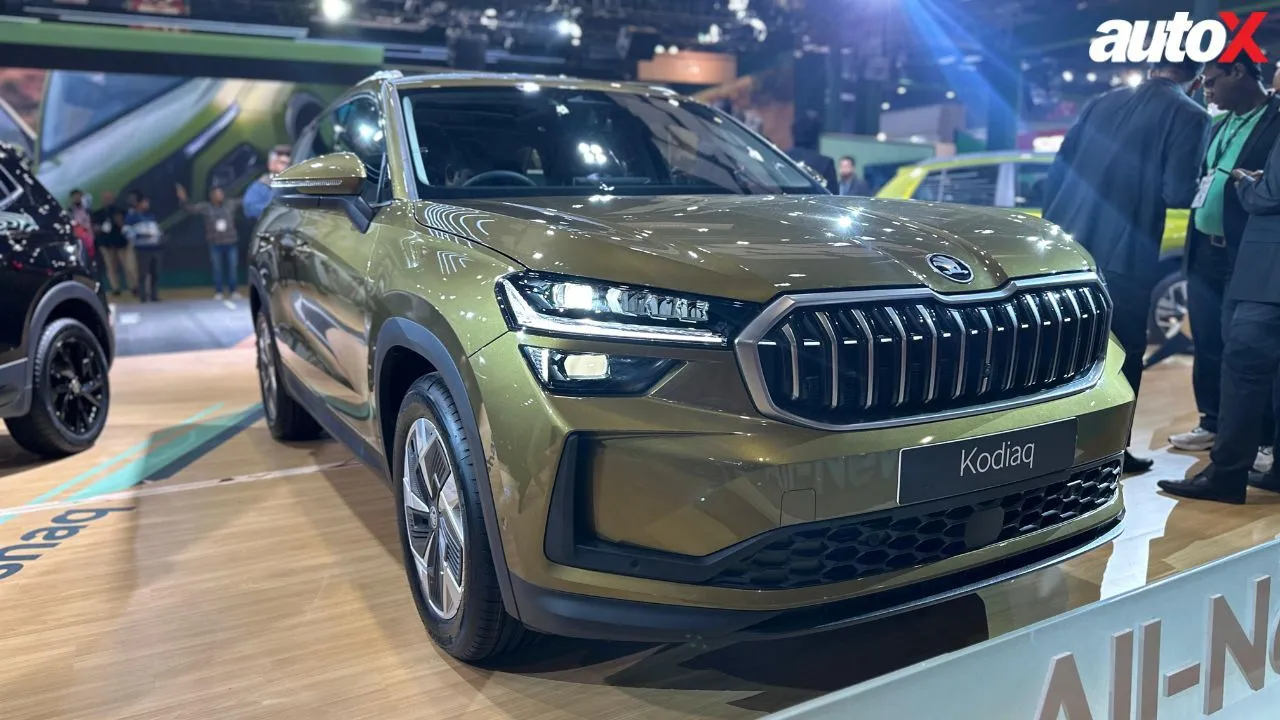

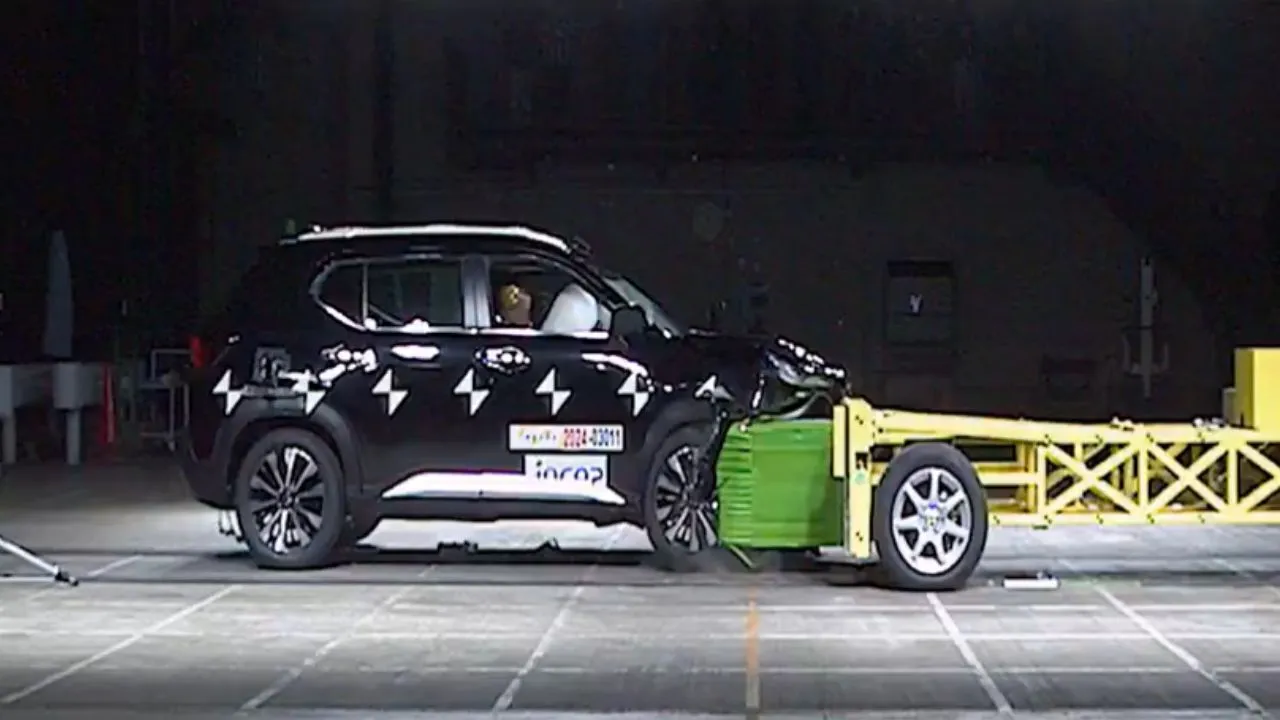
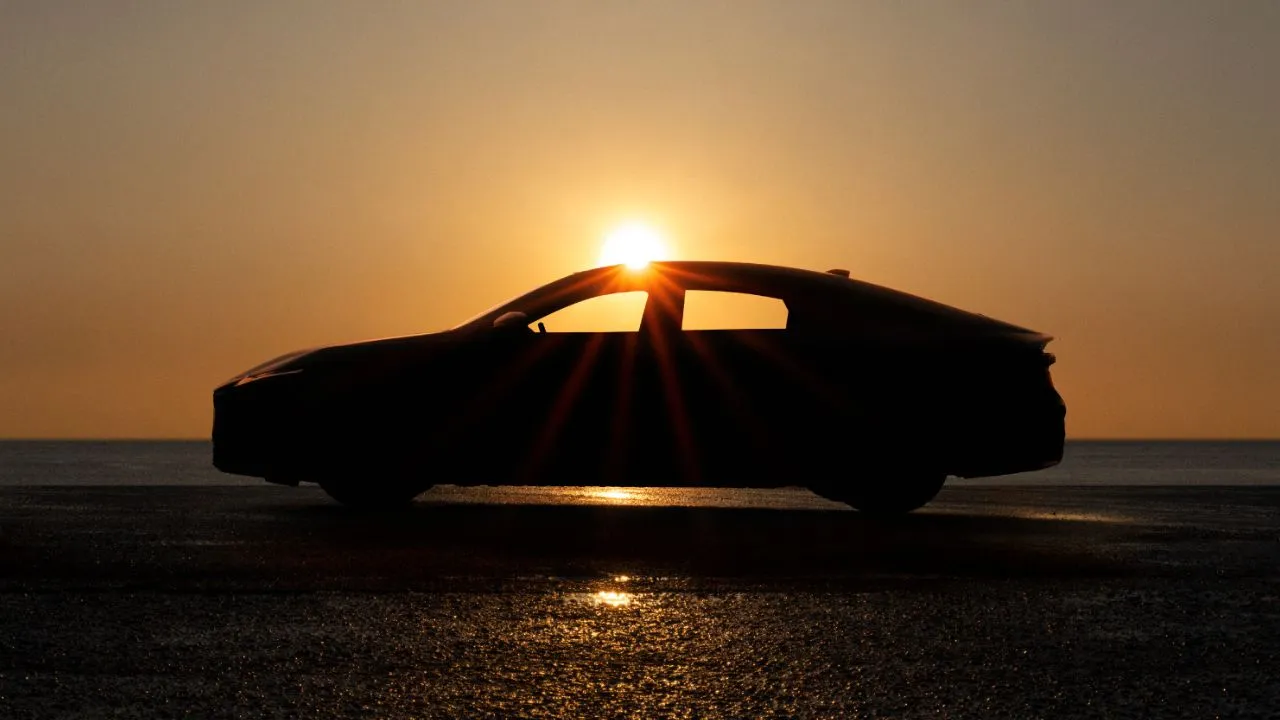
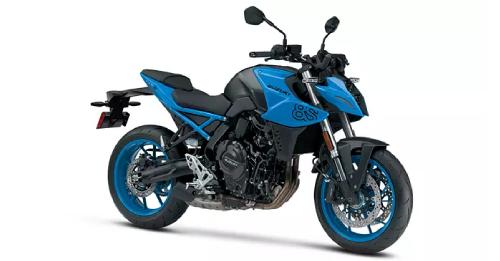
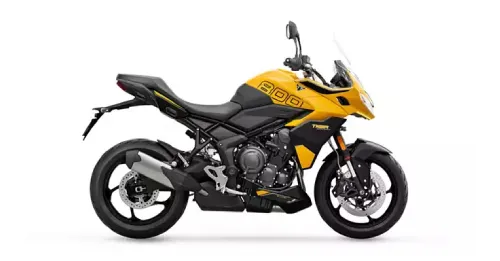
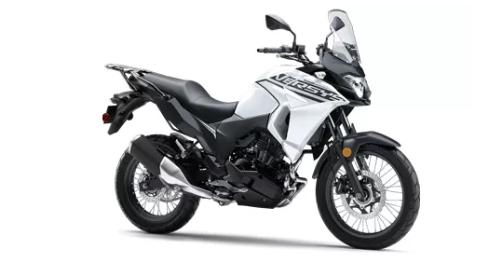
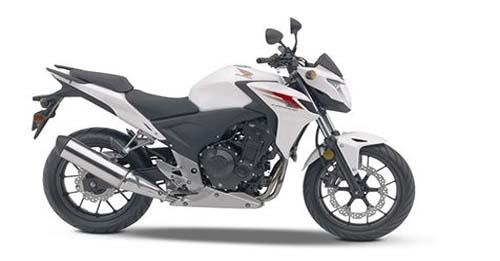
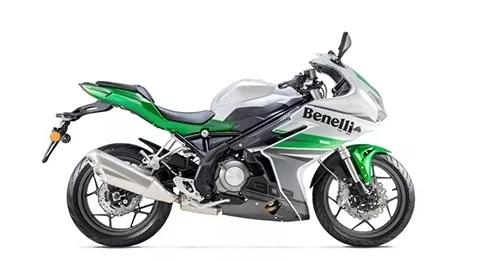














Write your Comment on